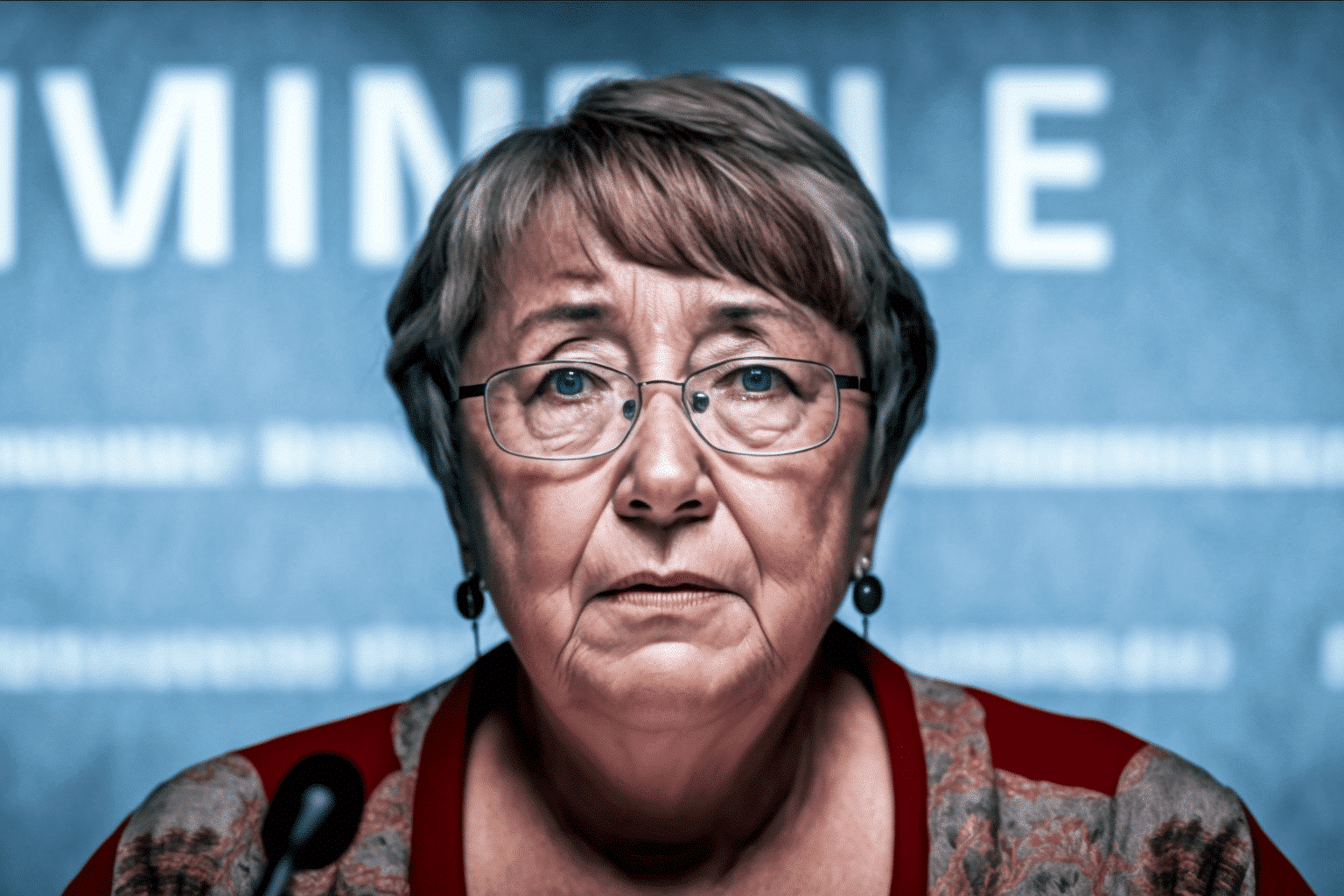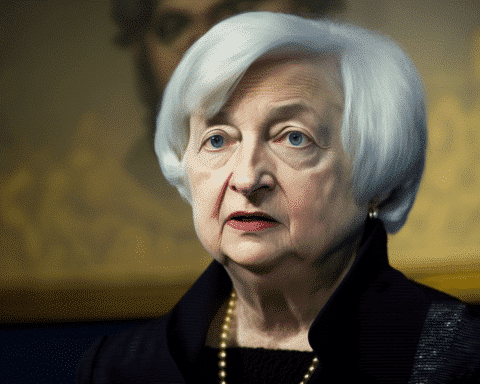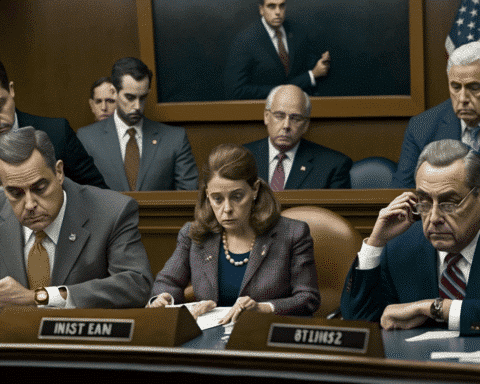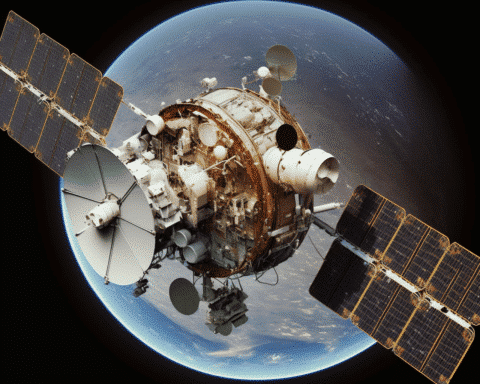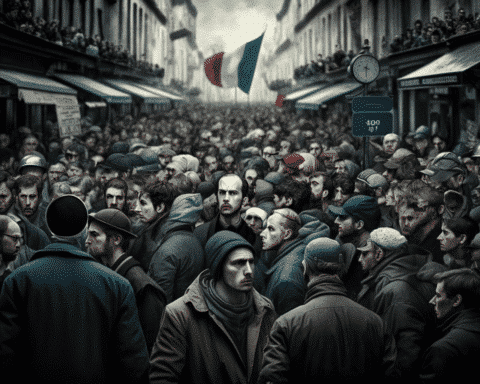The United Nations’ new High Commissioner for Human Rights, Volker Türk, has announced that his office has established “channels of communication” to address the human rights concerns of minority groups in China, including Tibetans and Uyghur Muslims. Türk’s address at the Human Rights Council session was highly anticipated by rights activists but fell short of their expectations for a stronger message to Beijing.
Türk acknowledged the “grave concerns” the U.N. rights office documented regarding arbitrary detentions and family separations in China, calling for concrete follow-up actions. He also expressed concerns about the impact of the national security law in Hong Kong, which sparked widespread protests.
While Türk’s first presentation of the office’s annual report since taking office in October covered a wide range of human rights issues in many countries, from Afghanistan to Zambia, he did not provide specific plans to follow up on the critical report on China’s Xinjiang region published in August by his predecessor, Michelle Bachelet.
Rights advocacy groups were particularly interested in Türk’s views on the rights situation in China. The Secretary-General of Amnesty International, Agnes Callamard, had urged Türk to support Bachelet’s report publicly and to include a significant brief on Xinjiang in the council session. However, the former head of Human Rights Watch, Ken Roth, criticized Türk for not criticizing China and for offering only “quiet diplomacy.”
In addition to his comments on China, Türk also addressed human rights concerns in other countries, including the ongoing war in Ukraine, the conflict in Syria, and instability in Mali and Burkina Faso. He expressed concerns about crackdowns on dissent, free expression, and political activism in Asia, the Middle East, and North Africa. Police in Australia, France, Ireland, and the United Kingdom have also used excessive force, racial profiling, and discriminatory practices.
Moreover, Türk expressed deep concern over the closures of independent media outlets and activist groups in Russia and the constant pro-war messages broadcast by state media that incite hate and violence.
While Türk’s comments were seen as a step towards addressing human rights concerns, many advocacy groups believe that more needs to be done to address the issues in China and other countries. It remains to be seen how Türk and the U.N. rights office will follow up on their concerns and ensure the protection of human rights for all individuals worldwide.
